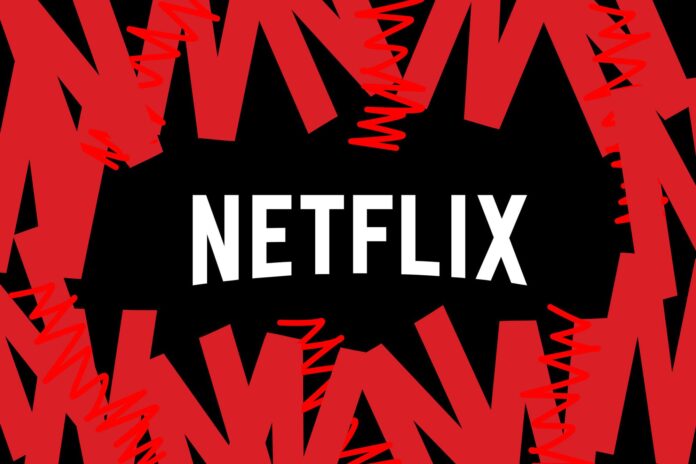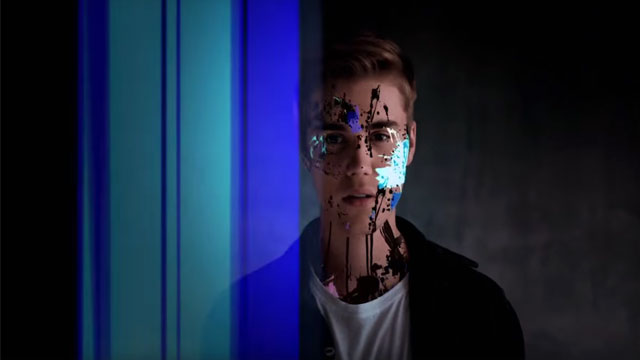Entertainment underwent a seismic shift with the emergence of Netflix. As the streaming giant gained momentum, it began to disrupt the traditional cinema industry in unprecedented ways. Netflix’s influence on cinema is palpable. The availability of a vast library of movies and TV shows for instant streaming altered viewers’ habits, allowing them to enjoy content at their convenience. This change in consumption patterns led to shifts in revenue streams and audience expectations.
How Did Netflix Disrupt the Entertainment Industry?
1. Direct-to-Consumer Model – Netflix introduced the concept of releasing content directly to subscribers, bypassing traditional distribution channels. This approach altered the value chain by removing intermediaries and giving more control to content creators.
2. Binge-Watching Culture – The release of entire seasons at once popularized binge-watching, allowing audiences to consume narratives on their terms. This disrupted the traditional weekly release format and altered how stories are crafted.
3.Global Accessibility – Netflix’s global reach transcended geographical barriers, democratizing content distribution and exposing viewers to diverse narratives from around the world.
Did Netflix Change the Movie Industry? Netflix brought about significant changes in the movie industry.
1. Distribution and Exhibition – Netflix’s success inspired other streaming platforms to emerge, leading to a decline in traditional theatrical distribution. This prompted filmmakers to reconsider the theatrical release model and explore direct-to-streaming options.
2. Creative Freedom – With fewer constraints than traditional studios, Netflix empowered creators to explore unconventional narratives and formats. This led to a surge in original content that resonates with diverse audiences.
3. Oscars and Awards – Netflix’s original films entering major awards ceremonies demonstrated that streaming platforms could compete on a global stage and receive critical acclaim traditionally reserved for theatrical releases.
What Has Netflix Disrupted?
1. Film Release Windows – The traditional sequence of releasing movies in theaters, followed by home entertainment and streaming, has been challenged by Netflix’s simultaneous streaming and limited theatrical release approach.
2. Monopoly of Studios – Netflix’s rapid growth highlighted the potential for streaming platforms to rival traditional studios, reducing the monopoly of established production houses.
3. Audience Experience – The shift towards streaming altered the collective viewing experience, promoting individualized consumption and changing the way audiences engage with content.
Netflix’s disruption of the cinema industry is undeniable, fundamentally changing how we consume and create cinematic content. Its direct-to-consumer model, binge-watching culture, and global accessibility redefined entertainment. As streaming platforms continue to evolve, the cinema industry will continue to adapt, seeking ways to capture and engage audiences in an increasingly digital world.







